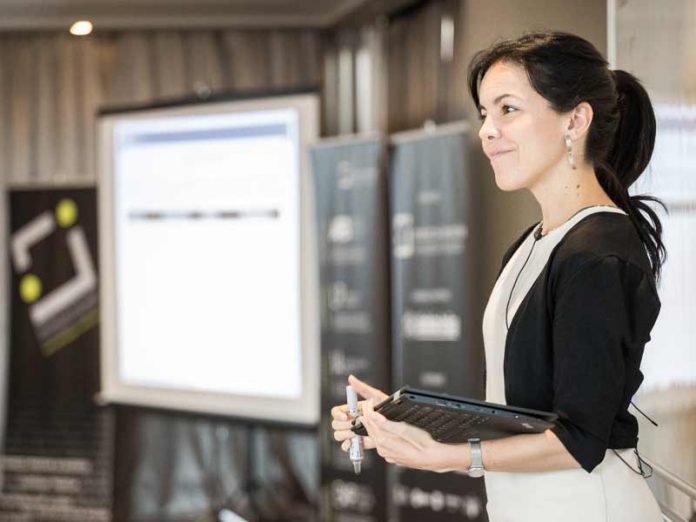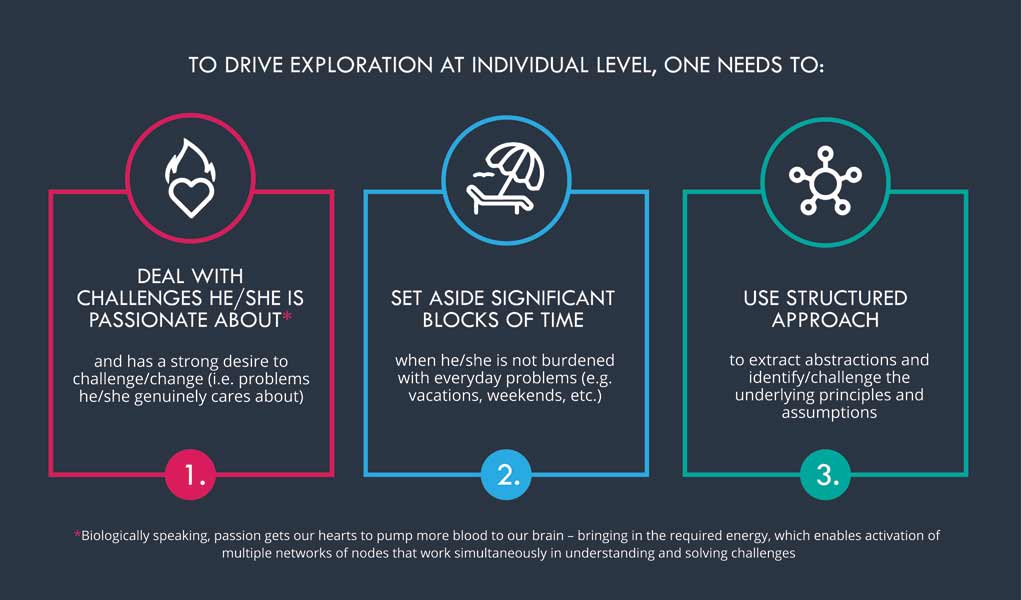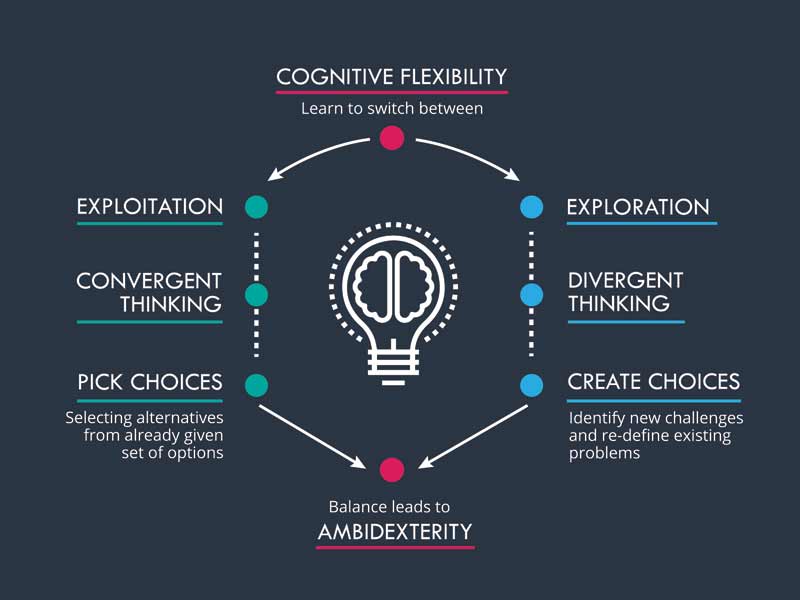Why companies, although led by the idea that “the only constant is change”, still fail to strategically pursue innovation? The reason is simple – because it is hard and one’s mind gives in. Therefore, for companies to innovate it is necessary for employees to understand their own brain (regardless whether it is top management or talents).
We (even as managers) are not designed for innovation. Our mind makes mistakes and it resists focusing on questioning, redefining and creating. But the good thing is that our mind can be tricked once you understand the principles behind it. The key is to understand ambidexterity at the level of an individual. There it refers to one’s ability to balance convergent and divergent thinking. With convergent thinking we make choices, while with divergent thinking we create choices. Different choices and problems require different types of thinking. The process that allows us to shift (or balance) between these two types of thinking is, what prof. Laureiro Martinez from ETH Zurich named “cognitive flexibility”.
When faced with problems, we can flexibly change our way of thinking or our point of view. It gives us the ability to break conventional rules of thinking, adopt new strategies or build novel combinations of stored knowledge. Convergent thinking is related to exploitation while divergent can be associated to exploration capabilities. In business context, exploitation refers to optimization and usage of existing business capacities, while exploration refers to creation of new value that lies in opportunities both inside and outside the company. The issue is that problems, tasks and decisions related with exploration on one side, and exploitation on the other, are not the same. Whether it`s about exploration or exploitation, key is to adapt our thinking processes by identifying problem components and reflecting upon them.
For individuals, focusing on exploitation is never a problem – as it is our “natural” mode of thinking. On the other hand, exploration should focus on a structured approach to identifying and challenging underlying principles, which in return require significant brain resources (as it is “unnatural”). Each type of thinking, has its challenges but switching between them with recognition and reflection on the right timing to switch, allows us to embrace all the potential of ambidexterity and the opportunity for a company to strategically pursue innovation.
For more information visit: www.innovation-institute.eu












































 Srpski
Srpski English
English